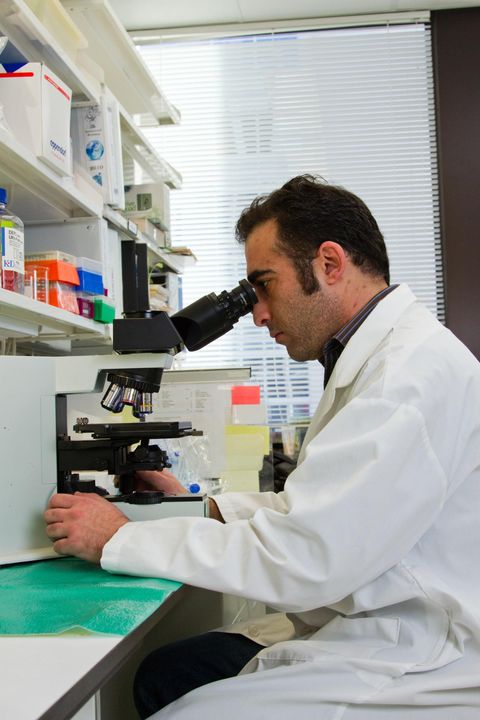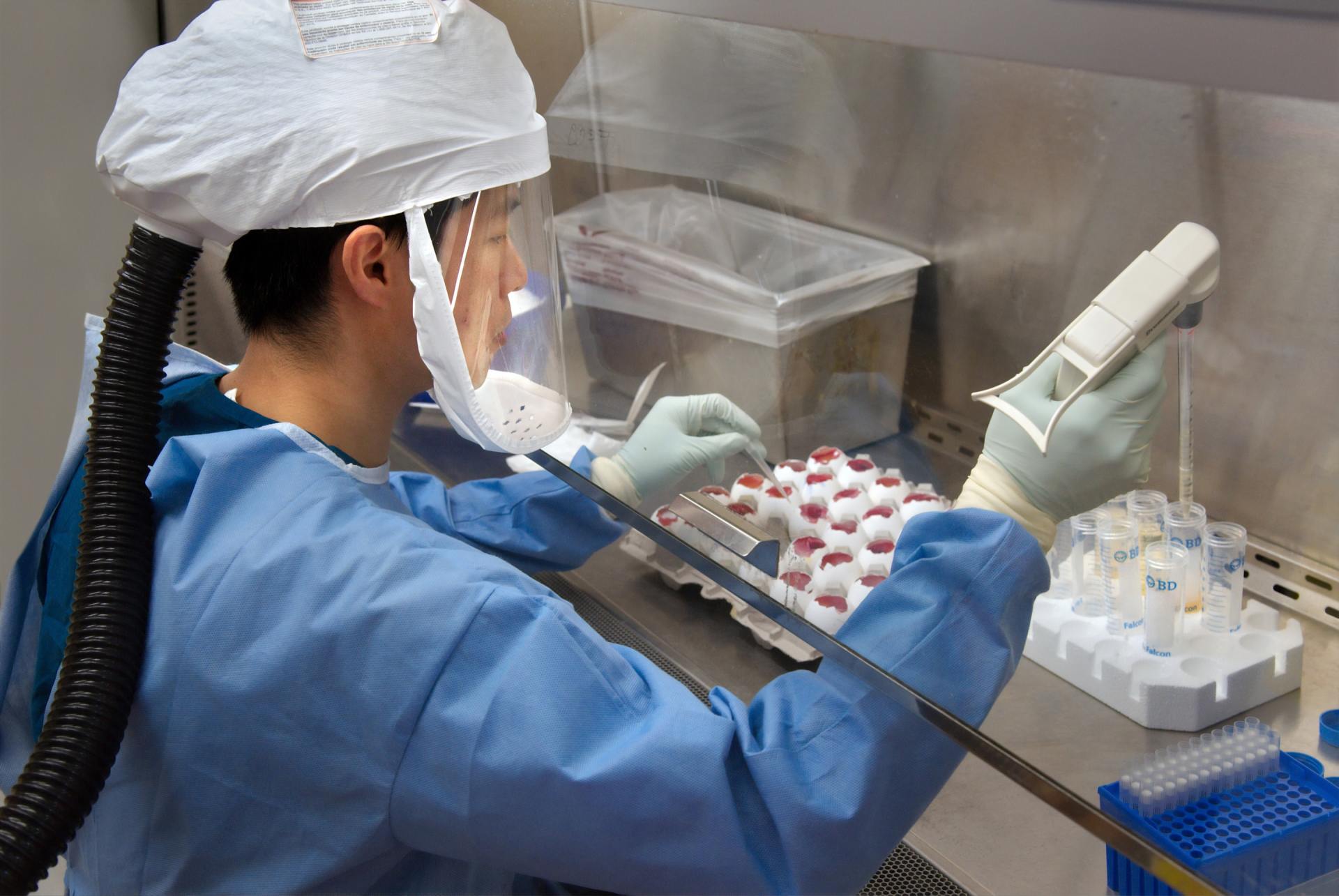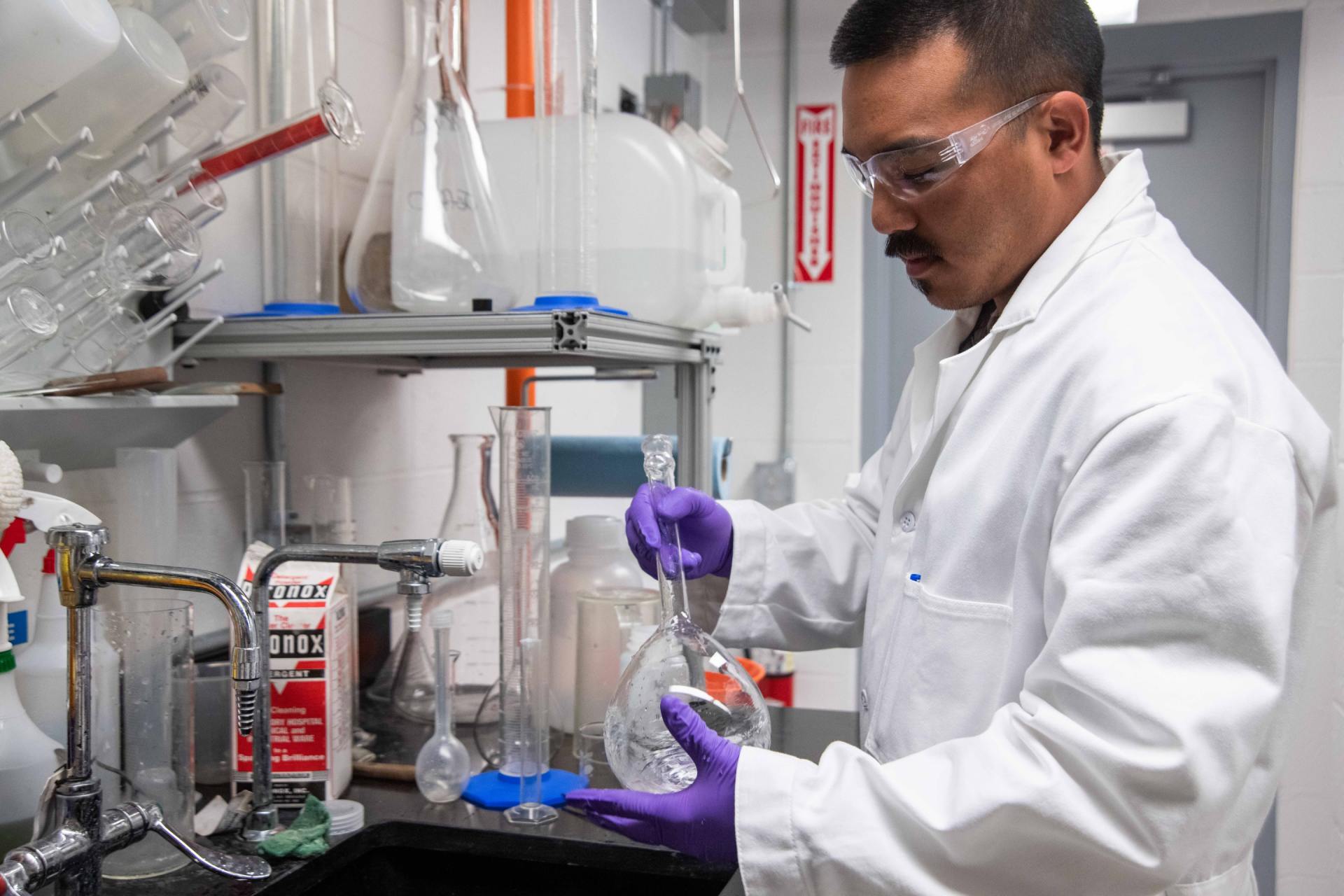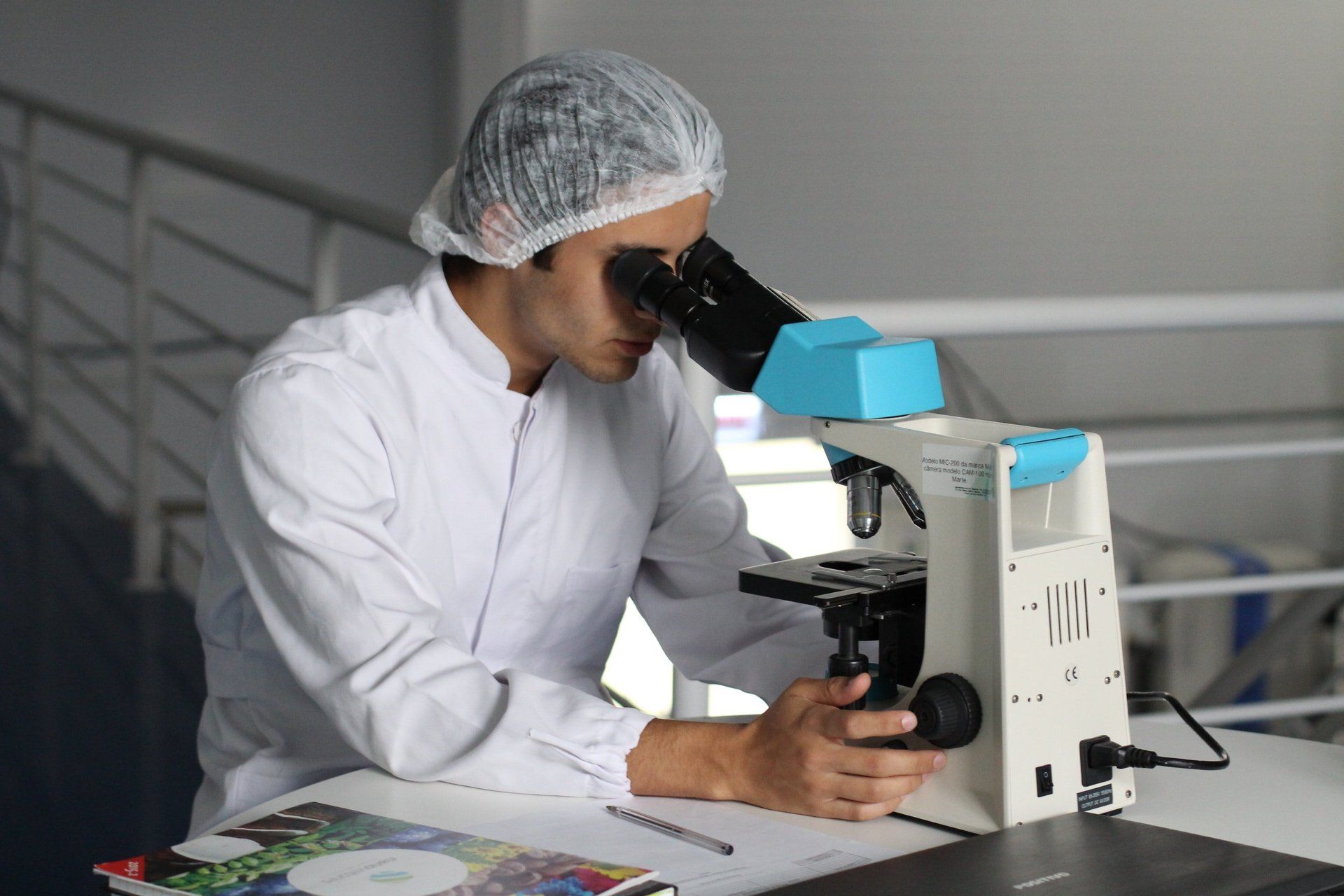Patient FAQs
Frequently Asked Questions (FAQs)
Answers to the most Frequently Asked Questions about Clinical Trials.
What is a clinical trial?
A clinical trial is a research study that is done to find out if people’s health can be improved using a medical treatment. A medical treatment can be a drug, medical device, medical procedure, or a change in a person’s behavior such as diet or exercise. People who take part in clinical trials are volunteers. They are also called “participants.”
Why are clinical trials needed?
Clinical trials are the fastest and safest way to find treatments that help improve people’s health. When people participate in clinical trials they help contribute to medical research that finds new or better treatments for people with illnesses and diseases. The results of every clinical trial is important because it gives researchers more information about the risks and benefits of the treatments in the trial.
Who can participate in a clinical trial?
All clinical trials have rules about who can and cannot participate. These rules are called “eligibility criteria.” The criteria are based on factors such as age, gender, the type and stage of a disease, previous treatment history, and other medical conditions. Eligibility criteria is not used to reject people personally. Instead, the eligibility criteria helps to make sure that the participants in the trial are safe and that the trial gets the most accurate information about the treatments being researched.
Some clinical trials seek participants with certain illnesses or conditions, while others need healthy participants.
Who runs a clinical trial?
Clinical trials are run and funded by sponsors. Sponsors can be organizations or individuals such as pharmaceutical companies, medical institutions, foundations, voluntary groups, and individual physicians. Clinical trials are usually led by a medical doctor who is called the “Principal Investigator.” And there is usually a team of people, called the “Research Team” who work on each trial. Clinical trials can take place in a variety of locations, such as hospitals, universities, doctors' offices, community clinics and home visits.
Does the participant pay to be in a clinical trial?
The costs for the treatments and tests in the trial are covered by the research sponsor. This can include the treatment being studied and other treatments, such as blood tests, physical examinations, and imaging scans like X-rays.
However, there can be costs that are not covered by the sponsor. These may include time away from work, travel to and from the research site, child care coverage during study appointments, etc. In most cases, the research sponsors will provide trial participants with compensation to help pay for these costs. People who are considering participating in a trial can ask the research staff about any costs before agreeing to participate in a trial.
What are the benefits and risks of participating in a clinical trial?
Potential benefits of participation may include:
● Playing an active role in one’s own health care
● Gaining access to new research treatments before they are widely available
● Receiving medical services such as physical exams, blood tests, or imaging scans
● Helping others by contributing to medical research
Potential risks of participation may include:
● The possibility of unpleasant, serious, or even life-threatening side effects
● The treatment may not be effective
● The trial may require a great deal of time and effort, including trips to the study site, hospital stays, or complex dosage requirements
People who are considering taking part in a trial can discuss the benefits and risks of the trial with the research team.
What is a protocol?
A protocol is the plan that the clinical trial must follow. The protocol is carefully designed to protect the health of the participants and answer specific research questions.
A protocol describes:
● The Purpose of the Trial and Information Researchers want to Collect about Treatment
● The Length of the Study and Visit Schedule
● The Rules about Who May or May not Participate in the Trial (Inclusion/Exclusion criteria)
● The Schedule of Tests, Procedures, Medications, and Dosages
● Potential Risk and Benefits of the Clinical Trial
What is informed consent?
Informed consent is the process of learning about a clinical trial before deciding whether or not to participate. To help someone decide whether or not to participate, the doctors and nurses involved in the trial are required to explain the details of the study. They also provide a written document that includes details about the study including the purpose, risks and potential benefits, duration, required procedures, and important contact information. This document is called the “informed consent form”.
People who are considering participating are allowed to take a reasonable amount of time to review the informed consent form. They can also ask the doctors and nurses any questions they have about the trial before deciding to participate. They can also talk with family, friends, or their personal doctor before they choose to participate.
Each person decides whether or not to sign the form to participate in the trial and no one should pressure or influence their decision in any way. If the participant is a child, then the parent or guardian will determine whether or not to sign the form and enroll the child in the trial. Informed consent is not a contract and the participant may leave the trial at any time for any reason.
How are participants protected?
Clinical trials follow the same laws and ethical standards that all doctors, nurses, and other medical professionals follow. The FDA also oversees most clinical research and has requirements in place to protect the participants. All trials must follow a detailed study plan, or protocol, that tells the researchers what to do in the study.
The FDA has also established guidelines and regulations that require every clinical trial to be reviewed and approved by an Independent Review Boards (IRB) to make sure that the trial follows the law and ethical standards.
Clinical trials are generally designed to protect participants’ privacy and confidentiality. This means participant names and other identifying information about illnesses and behaviors are only known by a few people at the study site. The study sponsor and other researchers will not know this information and the published results of the trial will not include this information.
Can a participant leave a clinical trial after it has begun?
Yes. A participant can leave a clinical trial at any time and for any reason. Although it is not required, the participant should let the research team know if they are leaving the trial and the reasons for leaving. This helps make sure the trial results are accurate.
Does a participant continue to work with a primary health care provider while in a clinical trial?
Yes. Most clinical trials provide treatments related to a specific illness or disease for a short amount of time. But trials do not provide complete primary health care. When the primary health care provider works with the research team, the participant can make sure that their other medications or treatments will not conflict with the study plan. Participants can talk to their research team about how their clinical trial data will be shared with their health care provider.
What is a placebo?
A placebo looks like a treatment but does not have any medicine in it. Researchers use a placebo to help make sure any effects they see in the participants who take the real treatments are actually caused by the treatments. Not all trials use a placebo and the study plan and informed consent form must state if a placebo will be used in a trial.
Usually, researchers use a computer program to randomly choose the treatment each participant received. This helps make sure the groups are chosen fairly. Researchers do this so that comparing the results of each treatment is as accurate as possible.
Some clinical trials are “blinded”. This can mean that none of the participants know what treatment they are receiving. In most blinded trials, even the doctors or other study staff do not know what treatment each participant is receiving. Trials are done this way because knowing what treatment the participants are getting can affect the accuracy of the results.
What are the phases of clinical trials?
Clinical trials are conducted in steps that are called “phases”. There are four phases of trials. Each phase has a different purpose and helps researchers answer different questions:
1. In Phase I trials, researchers test a new drug or treatment in a small group of people (20-80) for the first time to evaluate its safety, determine a safe dosage range, and identify side effects.
2. In Phase II trials, the study drug or treatment is given to a larger group of people (100-300) to see if it is effective and to further evaluate its safety.
3. In Phase III trials, the study drug or treatment is given to large groups of people (1,000-3,000) to confirm its effectiveness, monitor side effects, compare it to commonly used treatments, and collect information that will allow the drug or treatment to be used safely.
4. In Phase IV trials, post marketing studies delineate additional information including the drug's risks, benefits, and optimal use.
What is a sample collection study?
A sample collection study is usually a non-invasive study, where participants are asked to donate samples such as serum, plasma, urine, saliva, swabs, etc. These studies may be one time visits or ongoing for a specific duration. The purpose of these studies is to provide samples for development of new diagnostic devices, vaccines or treatments.
TAlK TO US
Whether you are a PI or physician looking for research subjects or clinical research project management, or a patient desiring to participate in a study, we want to hear from you.
- Doctors Partnership
Join our physician site network. We assist you from start to finish of the research projects. No experience necessary.
- Patient Registration
Submit your request to participate in one of our clinical trials. Our services are free to our patients.
OUR MISSION
To contribute to the evolution of new assays and treatment development for the detection and management of clinical diseases worldwide.
OUR FOCUS
We focus on conducting Blood, Plasma, and Tissiue collections for the Invitro Diagnostic Industry and Drug Clinical Trials for the Pharmaceutical Industry.

Our Location
1300 W. Beverly Blvd Montebello CA 90640
Monday - Friday 10:00AM-4:30PM
Saturday- Please call for availability
3317 W. Beverly Blvd #200 Montebello CA 60940
(323)627-6700
Monday - Friday 8:30AM-4:30PM







